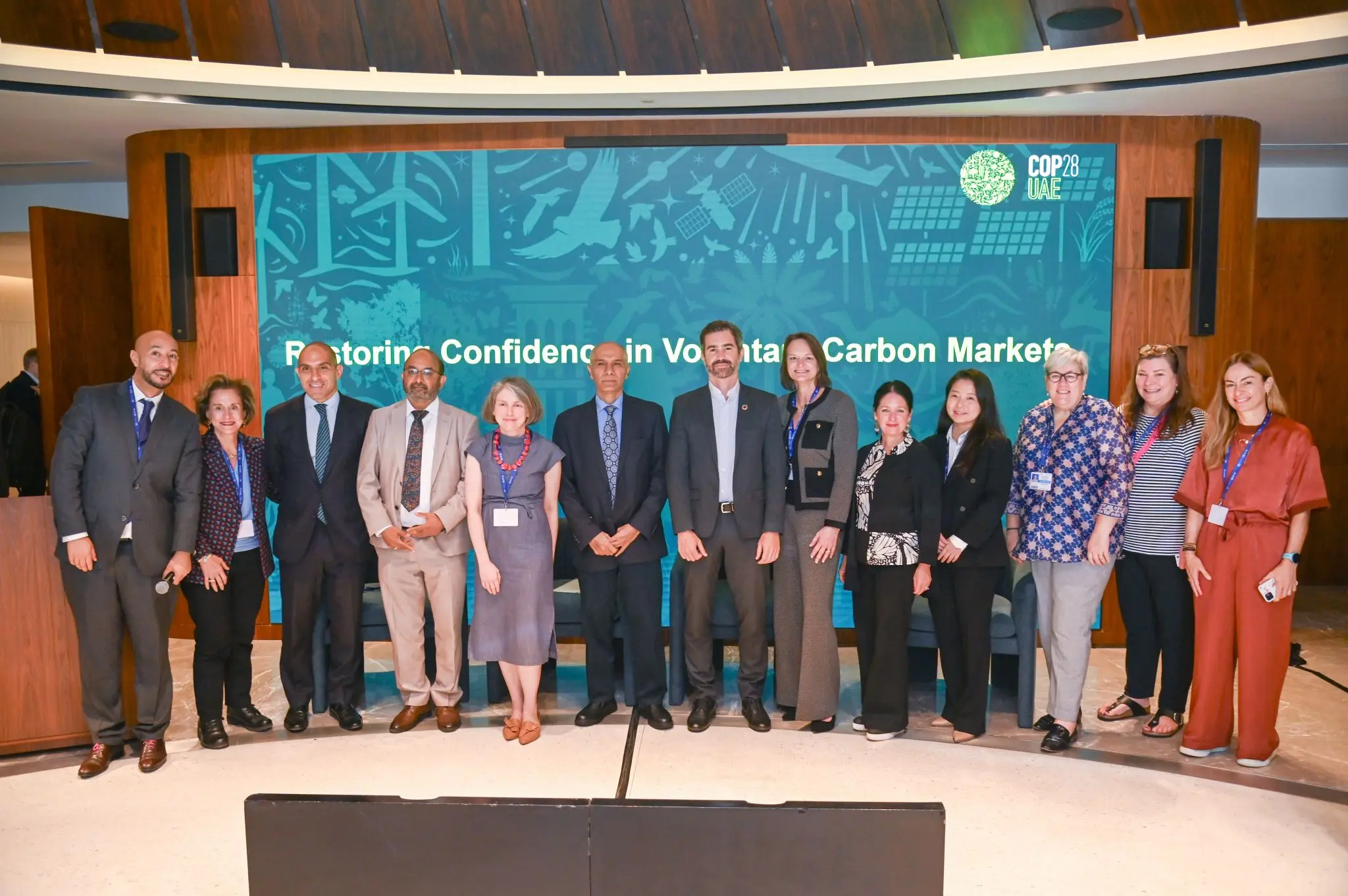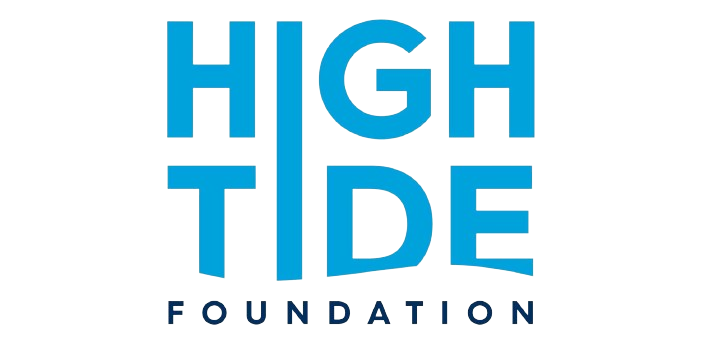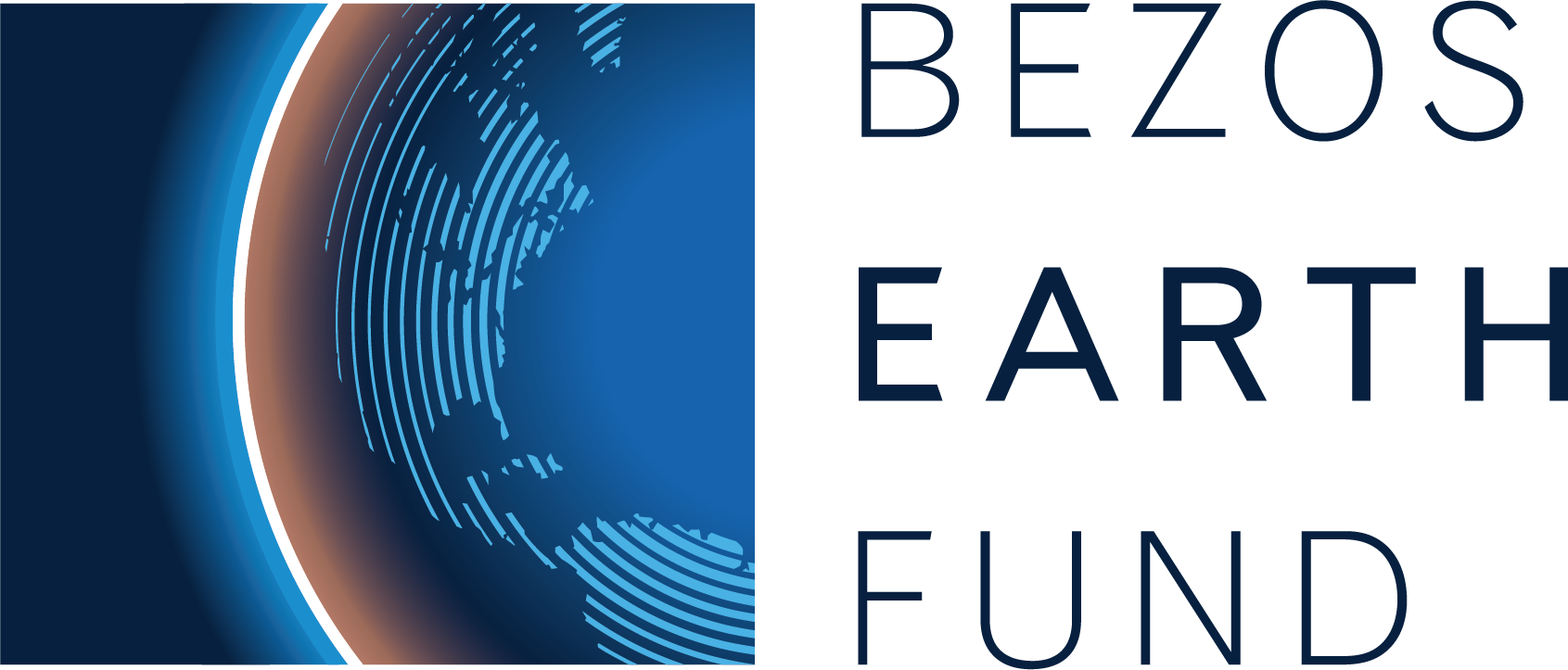ICVCM’s COP28 Reflections: Widespread Recognition for the Core Carbon Principles and Collaboration Across the Voluntary Carbon Market
Written by ICVCM
Published

At COP28 it was clear that more and more governments, regulators, NGOs and market participants around the world are recognising that high-integrity carbon markets offer a huge opportunity to unlock private finance for climate action and channel investment to the Global South.
Under the UNFCCC, it was disappointing not to see an Article 6 carbon markets outcome and we hope this important work will restart on a stronger footing in 2024. Article 6 is a reference point for Our Core Carbon Principles (CCPs) and our continuous improvement work program specifically addresses Paris Agreement related matters. We will continue to support and engage with the 6.4 supervisory body to ensure a coherent approach to high integrity.
In the meantime, we and our partner organisation, the Voluntary Carbon Markets Integrity Initiative (VCMI), have made huge strides toward maximising the potential of the Voluntary Carbon Market to finance climate solutions. The Integrity Council is working at full-speed to enable high-integrity CCP-labelled credits to reach the markets as soon as possible. We have built widespread consensus around what high integrity means for carbon credits and set out rigorous criteria in our CCP Rulebook. Assessments of both carbon crediting programs and categories of credits are well underway and the first results will be announced in early 2024.
Carbon-crediting programs with a 98% share of the market have now applied for assessment against the CCPs. Leading programs also pledged to support ICVCM and collaborate to increase the positive impact of carbon markets. This is a significant step towards raising standards in the carbon markets to a consistent level of quality.
COP28 also presented a crucial opportunity to showcase how we are collaborating with VCMI and others to provide end-to-end rules for integrity in the voluntary carbon market. Companies’ first priority must be to decarbonise their own value chains, including reducing reliance on fossil-fuelled energy as fast as possible. High-integrity CCP-labelled carbon credits allow them to go beyond this and take responsibility for emissions they cannot yet cut. VCMI’s Claims Code of Practice guides them on how to use carbon credits to make credible claims about their progress to net zero.
Key announcements at COP28
At COP28 the CCPs were welcomed by a wide range of voices including governments, regulators and NGOs. Amid the ever increasing urgency for accelerating emissions reductions, there is growing support for the role a high-integrity carbon market can play. A wide range of announcements reinforced and endorsed our work as the world looks to a new chapter of the voluntary carbon market in 2024.
Exchanges will play a key role in creating a deep, liquid and transparent market for CCP-labelled credits, and they signalled significant support. Plans by Climate Impact X to launch standard contracts aligned with the CCPs will help establish a spot price for CCP-labelled credits. Xpansiv’s consultation on the infrastructure needed to support trading of CCP-labelled credits will encourage the market to grow. A functioning spot market will enable the development of carbon credit derivatives, and we are pleased that the draft guidance published by the Commodity Futures Trading Commission is in accord with the CCPs.
Other announcements included:
- The UK government’s intention to endorse the CCPs and consider how they could be reflected in UK policy, regulation and guidance.
- The Monetary Authority of Singapore will seek to align transition credits with the CCPs.
- World leading environmental NGOs called for increased private sector investment in high-integrity carbon markets and endorsed the work of ICVCM and VCMI.
- Leading philanthropic foundations endorsed the work of ICVCM and VCMI and pledged to provide a unified approach to funding for high-integrity carbon finance initiatives.
- ICVCM announced the creation of an Indigenous Peoples and Local Communities VCM Engagement Forum to ensure IPs and LCs have a strong voice in helping shape the future of the high-integrity voluntary carbon market.
- ICVCM is collaborating with other standard setters, including SBTI, GHG protocol, CDP and VCMI to drive ambition in corporate climate action.
- 6 independent crediting programs joined forces, pledging to amplify the impact of carbon markets in achieving real mitigation and supporting countries in implementing Article 6 and their NDCs. The pledge included support for the ICVCM with all the co-signatories committing to apply for CCP assessment.
Looking to 2024, the work will not slow down for us at the Integrity Council. Alongside the ongoing assessments, our Continuous Improvement Work Programs will be kicking off to explore how we can further raise ambition and integrity in the market for the next iteration of our CCP Rulebook, planned for 2026.








